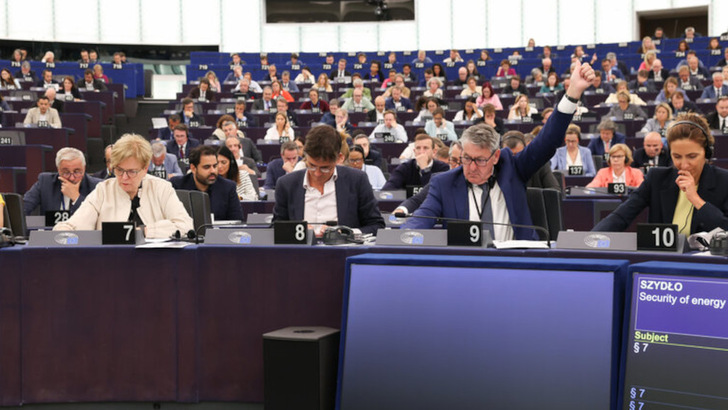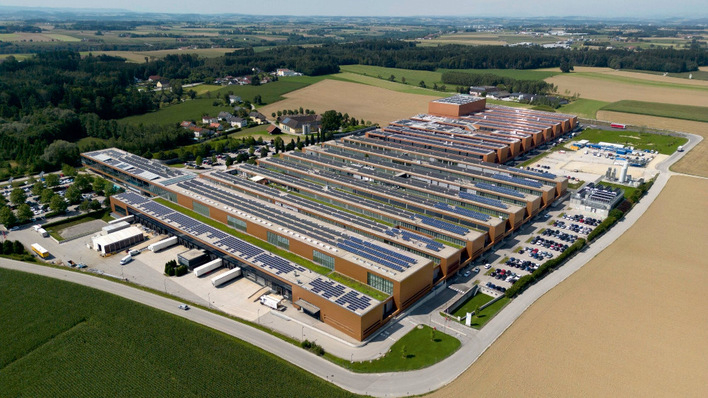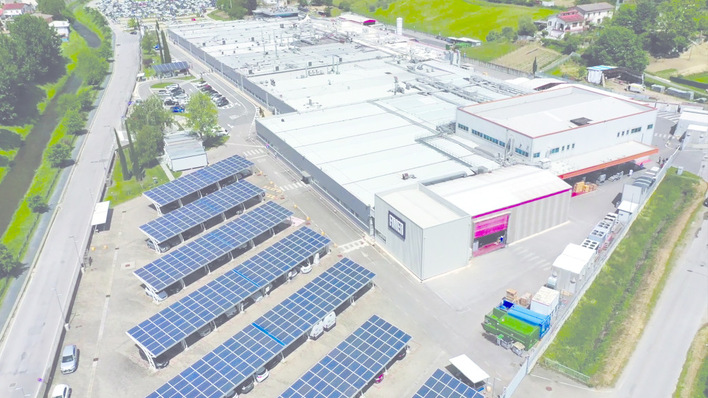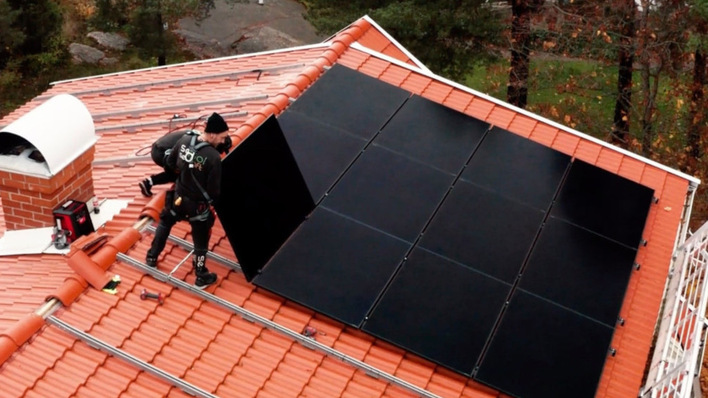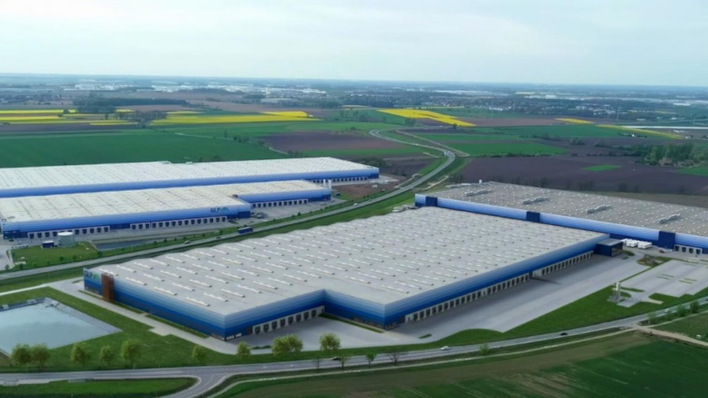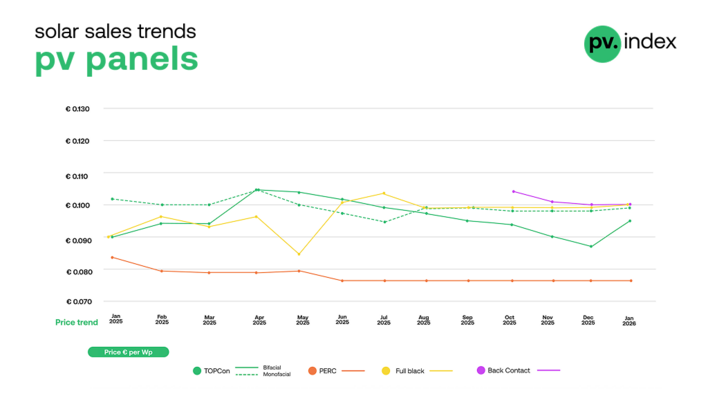The European Parliament (EP) has adopted an own-initiative report on the security of energy supply in the EU. In it, the EP sets out its priorities and urges the European Commission to propose new initiatives, including legislation where needed.
In the report, MEPs call for a new EU Security of Supply architecture that addresses cross-sector integration and climate challenges. They support reducing reliance on energy imports – particularly from Russia – through the expansion of renewables, improved energy efficiency, electrification and increased domestic production.
Stay informed – subscribe to our newsletters
The report calls for a complete phase-out of Russian fossil fuels and nuclear materials by 2027, an EU-wide ban on new and existing spot contracts for Russian gas by the end of 2025, and the inclusion of Russian LNG carriers in sanctions. MEPs also urge major investment in cross-border interconnectors, offshore and decentralised grids, and digital, climate-resilient energy systems.
This report builds on the Council Presidency Conclusions adopted on 16 June, which were endorsed by most EU Member States, with the exception of Hungary and Slovakia, highlighting the growing urgency around energy security. The European Commission is expected to propose a comprehensive revision of the EU Energy Security Framework in early 2026.
Overcome Europe’s fossil fuel import dependency
Anaïs Faucher, Policy Advisor at SolarPower Europe, commented: “The European Parliament’s ‘Security of Energy Supply’ report sends a strong signal on the need to reduce Europe’s dependence on Russian fossil fuel imports and recognises the central role of electrification, renewables, and non-fossil flexibility in enhancing the EU’s energy resilience. These are welcome acknowledgements in the face of escalating geopolitical risks and the accelerating energy transition.”
Local electricity production “crucial in times of crisis”
However, the report falls short of delivering the clear policy shift Europe urgently needs. While it acknowledges the importance of renewables deployment, electrification, energy efficiency and domestic clean energy production, the overall narrative remains firmly anchored in a fossil fuel paradigm.
“Europe’s fossil fuel import dependency is an Achilles Heel for the EU’s economic and energy security. The Parliament should provide a clear energy security vision to make Europe more resilient against geopolitical threats,” said Faucher.
Without stronger political commitments to electrification and large-scale renewables deployment, Europe risks reinforcing fossil fuel dependence rather than building lasting energy sovereignty.
Low-cost products as major cybersecurity challenge
On the cybersecurity of the energy system, the report rightly identifies the risk of remote control across Europe’s grid via the inverter fleet. However, a country-of-origin risk assessment alone is not enough to address the full range of supply chain vulnerabilities – and overlooks the broader challenge for inverter cybersecurity: inadequate protection in low-cost products.
“In our recent report, developed in collaboration with DNV, we recommend developing a vertical cybersecurity standard and mandating it via the Network Code for Cybersecurity to address both challenges effectively,” underlined Faucher .
Solar Investors Guide #7 – Hackers highlight solar infrastructure risks
“The European Parliament must now take the next step and present a clearer, more ambitious strategy to secure Europe’s energy supply centred on electrification and renewables.” (hcn)


